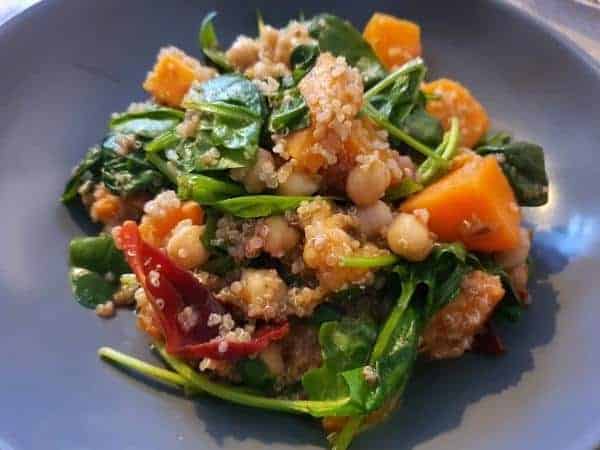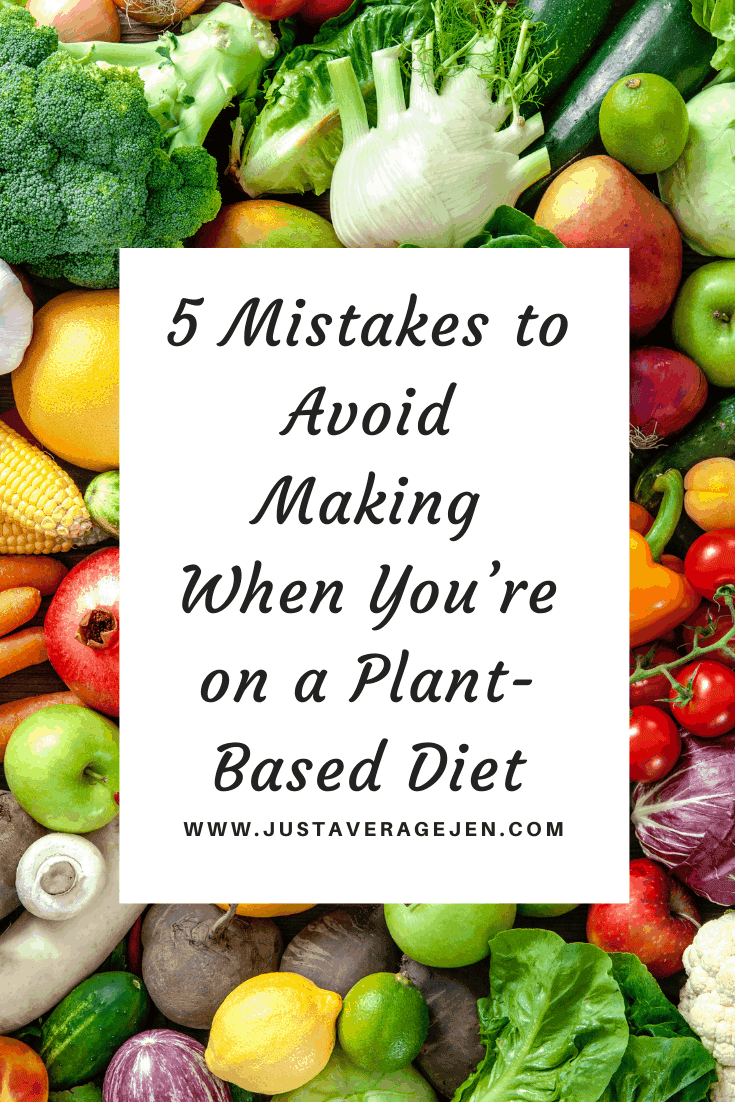How to start a vegan diet – 5 Mistakes to Avoid
From better blood sugar control to a significantly reduced risk of heart disease and even certain forms of cancer, there are a lot of benefits of switching to a plant-based diet. If you’re considering giving it a try and making the switch, wait up! Here’s what you need to know before you do!

Whatever diet we follow the chances are we make mistakes when we are new to it, here are some mistakes people make on diets!
Swapping the Meat for Cheese
More often than not, people who switch to a plant-based diet swap the meat that most recipes call for with cheese in order to compensate for the flavour factor. While that does work wonderfully, it comes with a few downsides.
First, cheese has significantly lower protein and calories than meat does. Next, its nutritional value is also lower. Instead, consider swapping your meat with beans and lentils.
Getting More Carbs, Less Protein
Another mistake most people tend to make while following a plant-based diet is that they forget about the protein and end up loading up on carbs. Not having enough protein in your diet can, in the long run, cause hormonal imbalance, tissue loss and many other health issues.
On a plant-based diet, you may need to consciously include more protein-rich foods like lentils, nuts and nut butter. For low-carb ideas, check out my low-carb guide.
Forgetting About Iron
Meat is one of the best natural food sources of iron, and a diet lacking it is obviously deficient in iron, which is actually a crucial nutrient. This is exactly why vegetarians are at a much greater risk of developing iron-deficiency anaemia.
A good way to tackle this is to make sure you add more iron-rich foods to your everyday plant-based meals such as lentils, beans, green leafy vegetables, nuts and seeds. It also crucial to pair these with vitamin C rich foods to improve the absorption of iron from these foods.
Not Getting Enough Calcium
A plant-based diet has low calcium owing to the lack of dairy and meat, and following such a diet for a longer period of time can cause calcium deficiency, which can put you at serious risk of osteoporosis and an increased risk of bone fractures.
A good way to compensate for the lack of calcium in a plant-based diet is by including more calcium-rich foods like kale, broccoli, bok choy, oranges, almonds, figs and collard greens in your diet.
Forgetting About Omega 3
Just like calcium and iron, omega 3 fatty acids are another important micronutrient that you need to include in your everyday meals. The downside to this, though, is that you’ll find it naturally occurring in most meats.
Plant-based sources of this fatty acid are chia seeds, flaxseeds, hemp seeds and walnuts. Try to consciously add more of these to your meals to make sure you’re getting enough of it.
Do vegans need supplements? Check this article for 4 vital supplements a vegan may need.
Whatever diet you follow remember that you need to eat enough to lose weight as starving yourself is never good.
More articles to help with a vegan lifestyle
If you are considering going meat free or already following a vegan lifestyle then these articles may be helpful.
A few vegan recipes that are popular – Moroccan tagine, banana pancakes, aubergine soup, carrot soup, how to marinate tofu, chia pudding,
How to raise a vegan child to be healthy
Can a vegan pregnancy be healthy?
